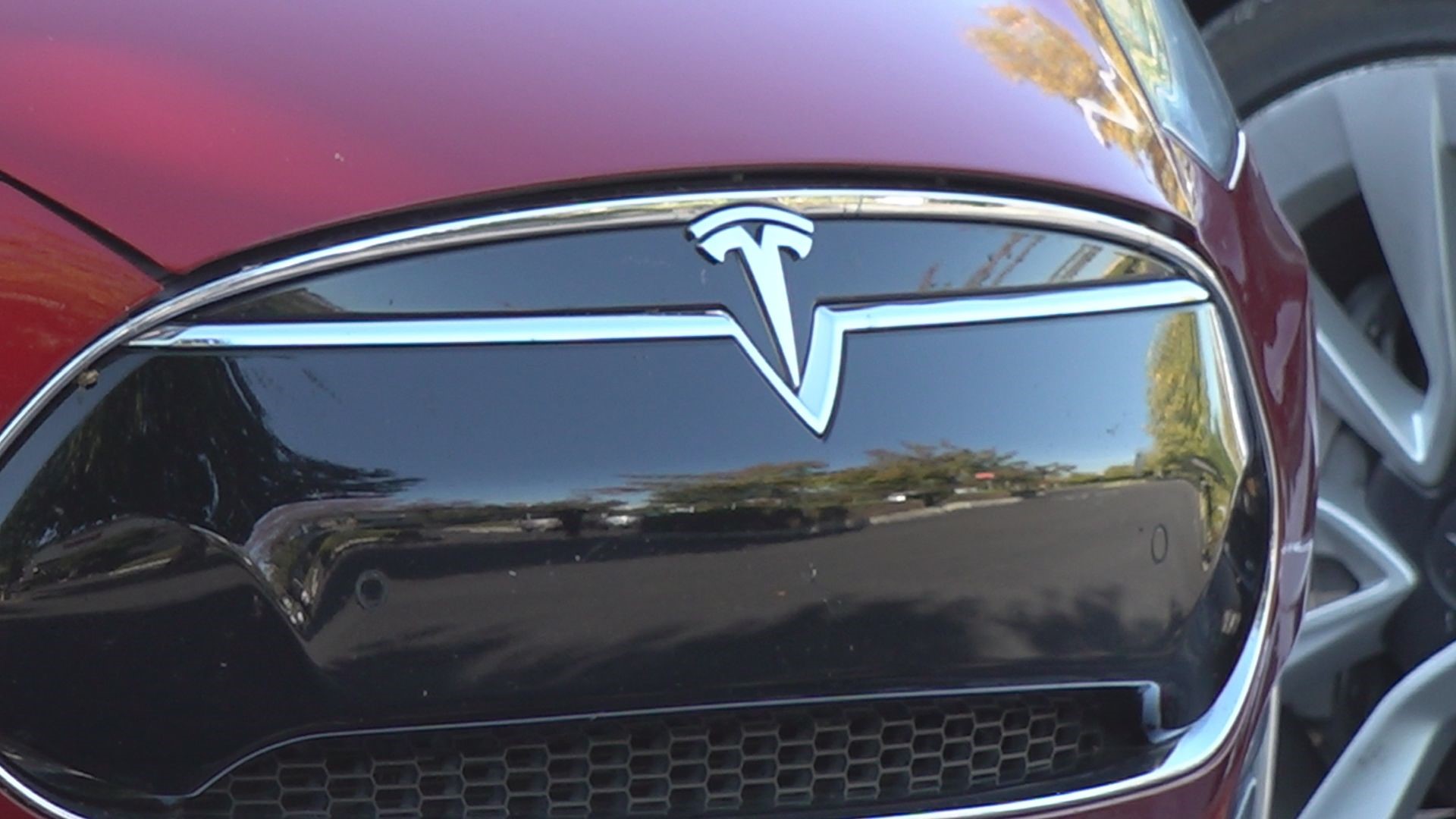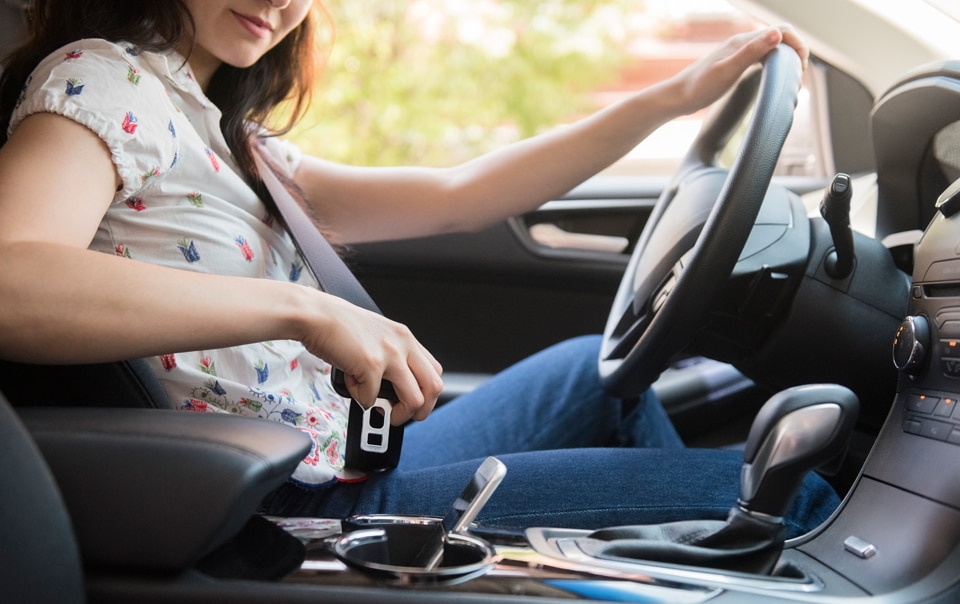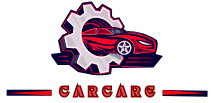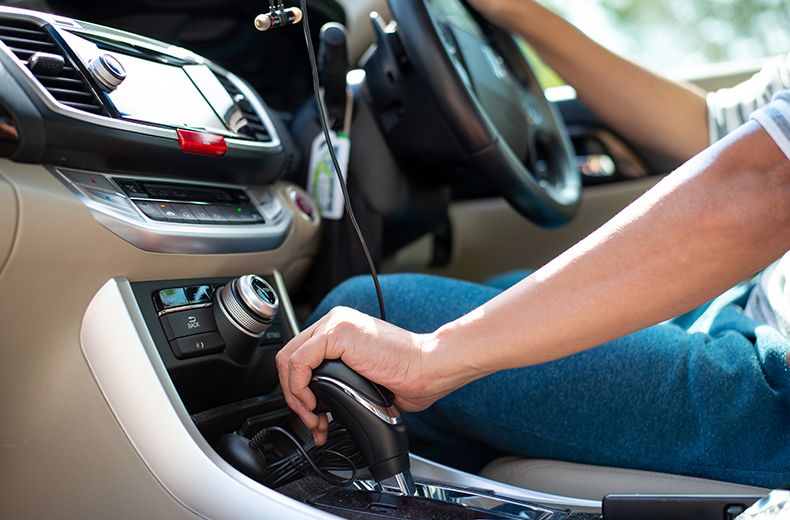Why Does My Car Turn Off When I Brake? Your car may turn off when braking due to a faulty idle air control valve or vacuum leaks. These problems disrupt the engine’s air-fuel mixture, leading to stalling.
A car that stalls when braking presents a complex issue, but one that’s not uncommon among motorists. Addressing this problem promptly to ensure driving safety and vehicle reliability is essential. Often, the culprit can be traced back to components that manage the engine’s idle speed or the overall intake system, which, if malfunctioning, leads to inadequate air supply when the engine’s load changes.
Such scenarios might include issues with the idle air control valve, which is responsible for maintaining a stable idle speed. Alternatively, vacuum leaks in the intake system can upset the delicate balance of air and fuel entering the engine. Regular maintenance and timely checks are your best defense against such disruptive occurrences, helping to keep your vehicle’s performance optimal and your journeys uninterrupted.

Credit: www.abc10.com
Unexpected Shutdowns: Car Stalls When Braking
It’s cause for concern when your car turns off as you brake. Understanding why your car stalls while braking is crucial. It ensures a safe driving experience. Let’s explore what causes these unexpected shutdowns and the risks they pose.
Common Symptoms Of Stalling While Braking
Recognizing the signs helps prevent bigger issues. Here are some symptoms to look out for:
- Engine Jitters: The car shudders before it stalls.
- Power Loss: Car power fades, especially when stopping.
- Brake Stiffness: Brakes feel harder to press down.
- Check Engine Light: The light may turn on or blink.
- Idle Roughness: The car struggles to maintain a smooth idle.
Potential Risks Associated With A Car That Turns Off On Braking
Driving a car prone to stalling presents several dangers:
| Risk | Description |
|---|---|
| Accidents: | Losing control can lead to collisions. |
| Pedestrian Risk: | Unexpected stops could endanger walkers. |
| Driver Stress: | Anxiety increases with unpredictable car behavior. |
| Component Wear: | Stalling might damage other car parts. |
Addressing these symptoms early keeps everyone safe. Don’t wait for a breakdown. Get your car checked as soon as these signs appear.
Exploring the Causes: Brake-related Engine Cut-off
Your drive should be smooth and hassle-free. But what if your car turns off when you brake? Understanding the causes behind this unexpected stall can help you get back on the road safely and quickly. Let’s delve into the mechanics to uncover why braking can sometimes result in an engine cut-off.
The Role Of The Idle Air Control Valve
An idle air control valve (IAC) manages your car’s idle speed. It’s crucial for keeping the engine running when you press the brakes. If the IAC fails, your vehicle could stall because of improper airflow.
Vacuum Leaks: Hidden Culprits Behind Stalling
Vacuum leaks are sneakier issues that could cause stalling. They disrupt the balance between the fuel and air mixtures. This imbalance can cause the engine to shut down, especially when braking.
Brake Booster Failure And Its Impact On Engine Performance
A failing brake booster can place an extra load on the engine. This can lead to the motor turning off when you apply the brakes. Immediate attention to a faulty brake booster is crucial for your car’s operation.
Electrical Connections And Sensor Troubles
Picture this: you’re driving, and as you press the brake, your car shuts down. It’s not just frustrating; it could also indicate a serious issue. Electrical connections and sensors play a crucial role in your car’s operation. Ignoring these could put your safety at risk. Let’s delve into the common electrical issues that might be behind this unnerving experience.
Battery And Alternator Issues That Lead To Stalling
Two key components in your car’s electrical system are the battery and alternator. They work together to power your vehicle’s electrical features.
- Battery: Stores the electrical energy necessary to start your car.
- Alternator: Recharges the battery while your car is running.
If your car stalls when braking, these parts might be failing. A weak or dying battery can disrupt power flow. A faulty alternator might not charge the battery appropriately. Both lead to power loss and potential stalling.
How Malfunctioning Sensors Can Compromise Safety
Sensors monitor your car’s vital signs. They ensure everything runs smoothly. Problems with these sensors spell trouble. Specifically, two sensors related to stalling include:
| Sensor Type | Function | Implications of Failure |
|---|---|---|
| Mass Airflow Sensor | Measures the air entering the engine | engine may stall due to improper air-to-fuel ratio |
| Idle Air Control Valve | Controls the engine’s idle speed | Can cause the car to shut off when idling or braking |
A malfunctioning sensor sends incorrect data to the car’s computer system. This leads to incorrect adjustments, stalling, and compromised safety.

Credit: www.travelers.com
Fuel System Faults: Starving The Engine Of Power
Imagine driving, and your car turns off when you hit the brakes. That’s scary! Your car’s fuel system might be the culprit. This important system sends fuel to the engine. If something goes wrong here, your car might stall. Let’s uncover some common fuel system failures that could leave your engine powerless.
Fuel Pump And Filter Failures: A Direct Route To Stalling
The fuel pump sends gas from your tank to the engine. A weak pump means there is not enough gas. Your car can’t run without gas.
Fuel filters keep dirt away from your engine. A clogged filter blocks the gas. Your car might stop if this happens. Here’s how you know if they fail:
- Whining noise from the tank
- Difficulty starting the car
- The engine sputters at high speeds
Injectors And Pressure Regulators: Fuel Delivery’s Influence On Engine Stability
Fuel injectors spray gas into the engine. They must spray the right amount. If they don’t, the engine might stall when you brake.
A fuel pressure regulator manages the gas pressure. Your engine needs constant pressure to run smoothly. If the pressure drops, the car could shut off. Signs of injector and regulator issues include:
- Gas odor in the car
- Poor fuel economy
- Rough idling or stalling
Proactive Measures To Prevent Stalling Accidents
Have you ever wondered why your car shuts off when you apply the brakes? Let’s talk about steps to keep your car running smoothly and avoid any stalling mishaps.
Regular Maintenance Schedules For Critical Components
Cars need regular check-ups just like humans. It’s essential to follow a maintenance schedule to prevent your car from stalling.
- Check the brakes. Ensure they’re responsive and free from wear.
- Inspect the fuel system. A clogged fuel filter can cause stalling.
- Look at the ignition system. Faulty spark plugs might be the culprit.
Here’s a simple table for your maintenance routine:
| Component | Check Frequency |
|---|---|
| Brakes | Every 20,000 miles |
| Fuel Filter | Every 30,000 miles |
| Spark Plugs | Every 10,000 miles |
Upgrading Old Parts: When To Consider Replacements
Old or worn-out parts can cause your car to halt unexpectedly. Recognize the signs and upgrade before problems arise.
Here are some hints that it’s time for a replacement:
- The car struggles to start. The battery might be failing.
- Poor acceleration: This could be a sign of an old fuel pump.
- Squeaking brakes: It’s time for new brake pads or rotors.
Invest in quality replacements to extend your car’s life and enhance safety.
Credit: www.roadsafetyfacts.eu
When To Seek Professional Help: Identifying And Addressing Complex Issues
A car stalling when you hit the brakes can signal a tricky problem. You need expert eyes. Some car troubles demand specialized tools and know-how. Mechanics have these. They can find and fix the issue quickly. It is vital to know when a professional should step in. Complex car issues pose safety risks. It’s not just about convenience. Serious car problems need serious expertise.
Diagnostic Tools And Expertise To Pinpoint Problems
Experienced mechanics use advanced diagnostic tools. These help find issues that are not obvious. You might miss these issues without the right equipment. Mechanics check your car’s computer system. They look for error codes. These codes tell them what’s wrong. They also test various car parts. They make sure each part works right when you brake.
The Benefits Of Trusted Mechanics Over Diy Fixes In Safety-critical Scenarios
Safety-critical scenarios need expert attention. DIY can seem tempting. It can save you money. But safety comes first. Trusted mechanics bring benefits that outweigh DIY savings:
- Certified Skills: Mechanics have training to handle complex issues.
- Warranty Protection: DIY fixes can void car warranties. Professionals keep warranties intact.
- Quality Parts: They use parts that meet safety standards.
- Peace of Mind: Knowing an expert fixed your car helps you feel safe.
Remember, brakes are vital for your safety. Seek help if you’re unsure. Experienced mechanics will guide you through the fix. They ensure your car is safe to drive again.
Frequently Asked Questions For Why Does My Car Turn Off When I Brake
Why Does My Car Cut Out When I Brake?
Your car may cut out when braking due to a vacuum leak, faulty idle air control valve, or issues with the fuel system or electrical connections.
Why Does My Car Engine Turn Off When I Stop?
Your car engine may turn off at stops due to a faulty idle air control valve, dying battery, or failing alternator. Automakers design some vehicles with start-stop technology to save fuel, which also causes the engine to shut off at stops.
Why Is My Car Shutting Off While Slowing Down?
Your car might shut off while slowing down due to issues like a dirty throttle body, failing sensors, fuel system problems, or a faulty idle air control valve. Regular maintenance checks can help prevent this.
Why Does My Car Shut Off When I Slam The Brakes?
Your car may shut off when you slam the brakes due to a faulty idle air control valve or sensor. Fuel delivery issues or a severe engine stall can also cause this problem. Seek a professional mechanic’s evaluation for accurate diagnosis and repair.
Conclusion
Navigating car troubles can be daunting, especially when they disrupt your daily commute. Remember, a stalling vehicle when braking often flags issues with fuel delivery, electrical components, or a malfunctioning idle air control valve. Stay proactive: routine maintenance and early diagnostics are key.
Keep your journeys smooth and your engine running when you need it most.
I am an Car technician and writer I write article based in USA. I have over 12 years of experience about car servicing car repairing. I will try to share all my experience through this website.

